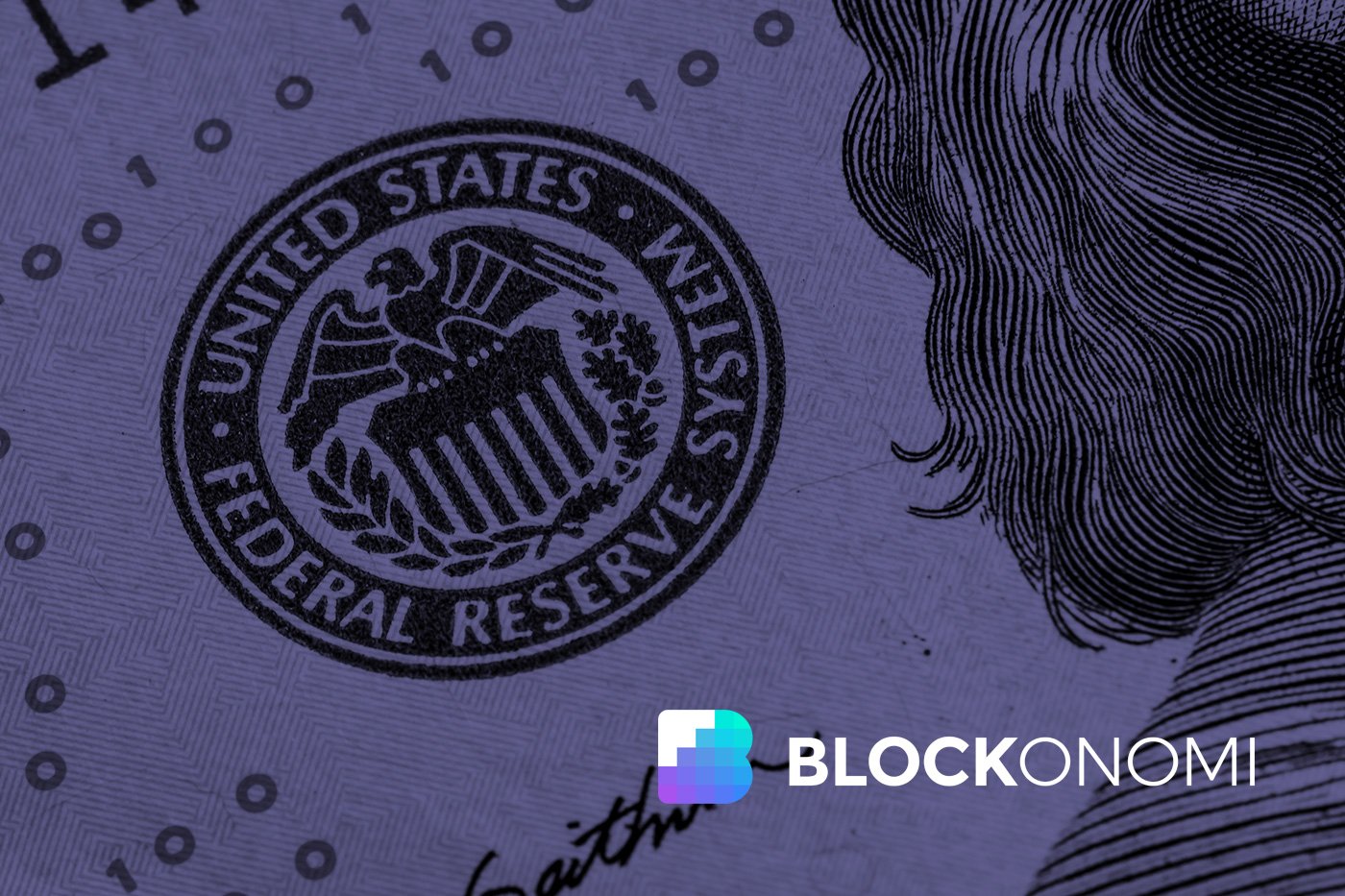
The Federal Reserve is navigating an unprecedented challenge as the October Consumer Price Index (CPI) report—crucial for inflation data—was canceled due to the recent government shutdown. This delay has left policymakers without a pivotal tool to inform their December monetary policy decisions, causing concerns about the accuracy of their approach to handling interest rates.
Impact of the Missing CPI Report
The Bureau of Labor Statistics (BLS) originally planned to release the October CPI data on November 7, but the government shutdown delayed field operations, including surveys and in-person visits. Consequently, the November CPI report was also rescheduled, with a new release date set for December 18, eight days after the Federal Reserve’s key policy meeting. This leaves officials scrambling to base decisions on alternative data points like labor statistics and consumer spending.
Diverging Perspectives from Federal Officials
In the absence of the essential October CPI data, Federal Reserve officials are adopting varying viewpoints on whether additional rate cuts should occur. New York Fed President John Williams suggests that there may still be room to reduce rates further, signaling potential easing ahead. However, Federal Governor Christopher Waller argues that sufficient alternate data remains accessible to guide decisions.
This divergence highlights the complexity of policymaking during a data gap. The Federal Reserve’s October policy meeting already resulted in a quarter-point rate cut, underlining the importance of reliable economic data for key decisions.
Jerome Powell Emphasizes Caution
Federal Reserve Chair Jerome Powell has equated the current situation to “driving through fog,” calling for prudence in interpreting the available data. He emphasizes that incomplete or delayed economic reports may lead to cautious and conservative decision-making, particularly as the U.S. economy navigates inflationary pressures.
Stay Informed and Prepared
Amid economic uncertainty, staying informed about financial trends is crucial. Whether you’re monitoring inflation, evaluating stock market opportunities, or exploring investment in cryptocurrency, understanding how monetary policies affect the broader market can help you make smarter financial decisions.
Looking for reliable tools to manage your investments in such uncertain times? Consider exploring Investopedia’s list of top investing tools, which includes resources for tracking stocks, analyzing the crypto market, and planning financial strategies.
As the Federal Reserve prepares for its December meeting, all eyes will be on how policymakers navigate these turbulent waters. Until then, staying educated about economic developments remains your best strategy.






